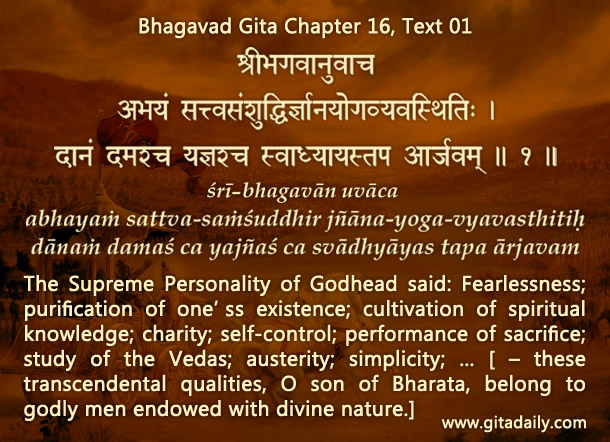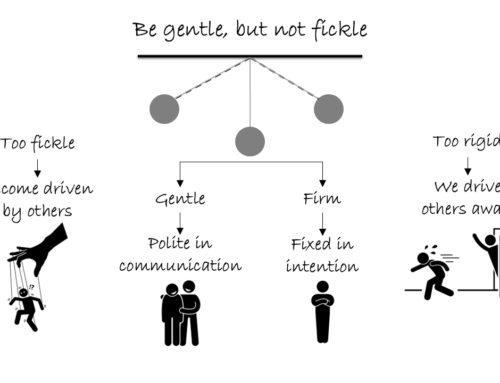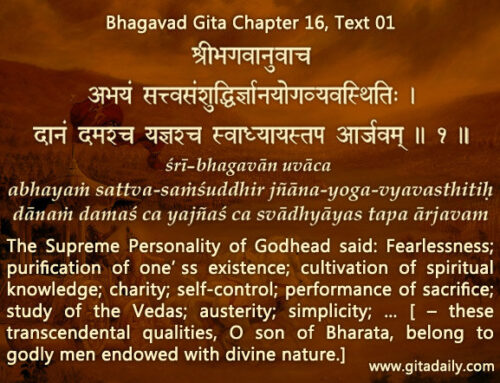Fearlessness is a mysterious phenomenon.
Fear is a natural and even necessary reaction to danger; it enables us to safeguard ourselves amid the dangerous world that we live in, with the fragile and vulnerable bodies that we have. Fear protects us. It can also paralyze us. When it protects, it ensures that we don’t do unnecessary things that would put us in unnecessary danger. When fear paralyzes us, on the other hand, it prevents us from doing necessary things that could actually protect us from danger or that would be important enough to pursue in spite of the danger.
While danger and the consideration of danger need to be factors we carefully consider when making decisions, they cannot be the sole factor. Nor should they always be the primary factor.
Life is meant for a purpose bigger than merely living safely, because ultimately, trying to live safely fails in two ways. First, even the safest life will still have to end in inevitable death. Second, the safest life is highly unlikely to be a fulfilling life. Much higher in our hierarchy of needs than safety is fulfillment. We need to be ready to sacrifice safety for fulfillment, accepting and even embracing risks in pursuit of the values and purposes that provide fulfillment.
With this background, we can better understand why the Gita 16.1 lists fearlessness as the first among the qualities that characterize a divine or godly nature. Whatever virtues may be prominent in anyone with a godly nature, none of those virtues will have the space or the pace to develop without the presence of fearlessness. Virtues need space inside our consciousness to first become present and then prominent. There will always be opposition to them, internally by whatever vices and weaknesses are present, and externally by the forces that flourish by exploiting the vices and weaknesses in others.
If, in spite of the presence of such vices and weaknesses, virtues are to arise, they can gain space only when the individual has the courage—indeed, the fearlessness—not to cower before the power of these vices and weaknesses. But just having space, in terms of private or secret space inside our heart, is not enough for virtues. We also need to give them a base in the sense that virtues need to move forward so that they manifest in real life through tangible actions, even if such actions alienate or antagonize the vested interests that profit from vices and weaknesses. That’s why virtuous people are those who have the courage to stand for their virtues, and thus, fearlessness is the first virtue that enables all other virtues to become possible.
Fearlessness is mysterious because, while fear is a natural and necessary protector from danger, it can also be an unnecessary inhibitor of the pursuit of meaning and purpose, which brings fulfillment, a value far more important than mere safety.
Fearlessness becomes demystified when we understand that some people—maybe even just a few people—value fulfillment more than safety, and they persist in their choices despite the presence of dangers that would normally overwhelm most others with fear. Fearlessness is the first among the virtues that comprise a godly nature because it is such fearlessness that ensures all other virtues that partake of a godly nature get the necessary space and pace to manifest.
Think It Over:
- How do some people overcome the fear that naturally arises in the presence of danger?
- Why is fearlessness listed in the Bhagavad-Gita 16th chapter as the first among the virtues that comprise a godly nature?
- How does fearlessness help in the manifestation of other virtues?
***
16.01 The Supreme Personality of Godhead said: Fearlessness; purification of one’s existence; cultivation of spiritual knowledge; charity; self-control; performance of sacrifice; study of the Vedas; austerity; simplicity; … [– these transcendental qualities, O son of Bharata, belong to godly men endowed with divine nature.]





Leave A Comment